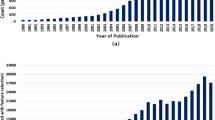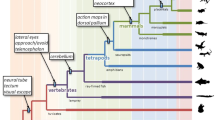Abstract
IT has been shown by Rabbitt1 that when a man has to make the same response to any one of several possible signals, the response time is determined by the number of responses between which a choice is made rather than by the number of different alternative stimuli to which each response is to be made. He found that the sorting of cards into two or four piles took much the same time whether two, three or four different patterns of card were to be put into each pile. It was, however, definitely faster to sort only one kind of card into each pile than it was to sort two kinds into each. He also found that the amount of practice required before these patterns emerged varied with the nature of the stimulus material: when all the stimuli used were letters, more practice was needed than when a dichotomy was introduced between letters on one hand and figures on the other. Thus when a set of stimuli are grouped together by common usage the response time is, at an earlier stage of practice, independent of the response/stimulus ratio. This suggests that learning is an important factor in this situation.
Similar content being viewed by others
References
Rabbitt, P. M. A., Nature, 183, 1212 (1959).
Stone, M., Psychometrika, 25, 251 (1960).
Morin, R. E., Forrin, B., and Archer, W., J. Exp. Psychol., 61, 89 (1961).
Author information
Authors and Affiliations
Rights and permissions
About this article
Cite this article
BROADBENT, D., GREGORY, M. Human Response to Classes of Stimuli. Nature 193, 1315–1316 (1962). https://doi.org/10.1038/1931315a0
Issue Date:
DOI: https://doi.org/10.1038/1931315a0
- Springer Nature Limited





